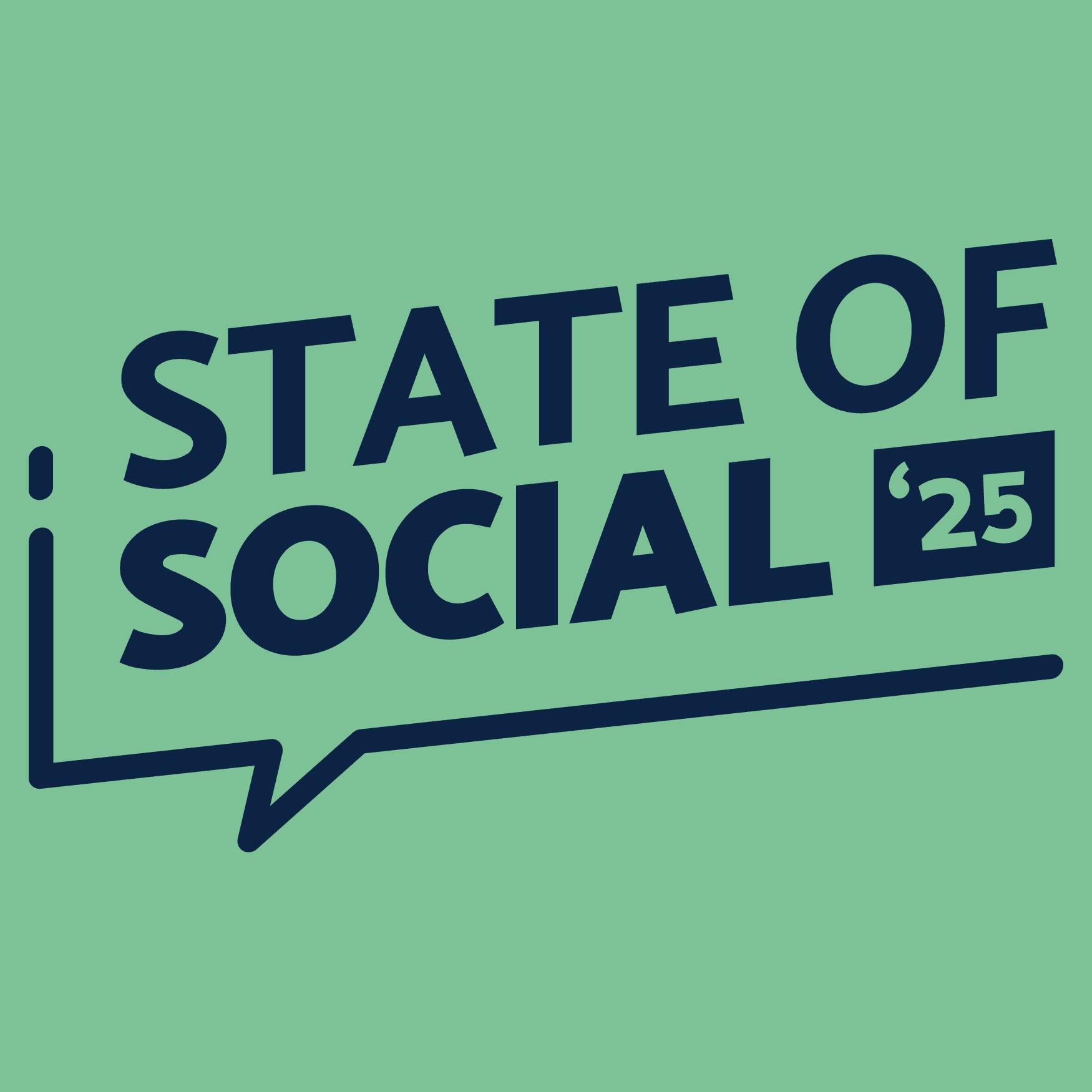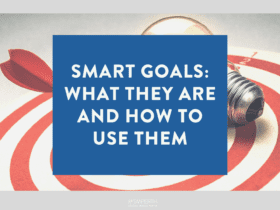When we say intellectual property (IP), what do you think it means?
At a basic level, it’s anything you create or design.
It could even be your own ideas, not necessarily physical products or documents. So how are social media and IP connected? Let’s take a look at what your IP is, how that fits in with your social media and who owns your IP when it comes to content on social channels.
What Is IP?
At June’s #SMPerth event at the Northbridge Brewing Company, we heard from Nick Stamatiou from Deloitte who is an IP consultant to large companies across the globe. He talked about your IP as including your branding and your online reputation, so where do you build that?
Firstly, you start with your website and how you brand and position yourself. Then, you build your presence and your reputation online through use of your website and social media channels. Nick mentioned that often when it comes to sales of big companies, their reputation, online and offline is huge part of the package and it can affect the sales process (positively or negatively).
Social Media, IP & The Law
Nick told us that IP and social media is still a grey area when it comes to the law. This is despite social media having rapidly grown in the last 10 years that it’s now a huge part of practically everyone’s daily lives.
With so many brands starting to use or repost user content, and user generated content becoming a bit of a buzz word with businesses small and large, the grey area around IP and content shared on social media should no longer be ignored. Interestingly if you’ve ever read the Instagram terms and conditions, it clearly states that you cannot post content that isn’t your own, or content that you don’t have permission to repost. Yet SO many brands regularly repost users’ content, on the basis that if you use their hashtag or tag their account, they’re allowed to do so. According to Instagram, this is a no-no, yet everyone still does it.
But many Instagram users are not happy about this, and often it’s photographers who complain about having their work shared without permission and even sometimes without being credited. Max Dubler posted a rant on his blog earlier this year about a brand that did just that to him.
So the sooner the law catches up with what’s black and what’s white, the better for everyone – users and brands.
What About Side Hustles?
A great question that came out of #SMPerth June was around people who run a side hustle while still employed either part or full time. These days, it seems that almost everyone has a side hustle. So what happens when you’re creating content for your side hustle while still employed – who owns that content? Is it you or your employer? If the side hustle is in a completely different industry to your day job, it’s highly unlikely that your employer would even want to own your content. But what if you’re working in a digital marketing agency and you’ve got your own digital marketing side hustle. If you write a blog for your business, can your employer claim it as their own?
Again, this can be a grey area and Nick told us it would come down to how open you’ve been with your employer and the agreement that you’ve come to, along with what is in your employment contract. The sooner you talk to your employer about your side hustle, the more open your conversation can be and the sooner you can come to a mutual agreement. Nick believes having a side hustle and owning your own IP is not impossible, as long as you keep the dialogue open and honest from the start.
Do you protect your IP? How do you go about it? Let us know in the comments!









LET’S CONNECT